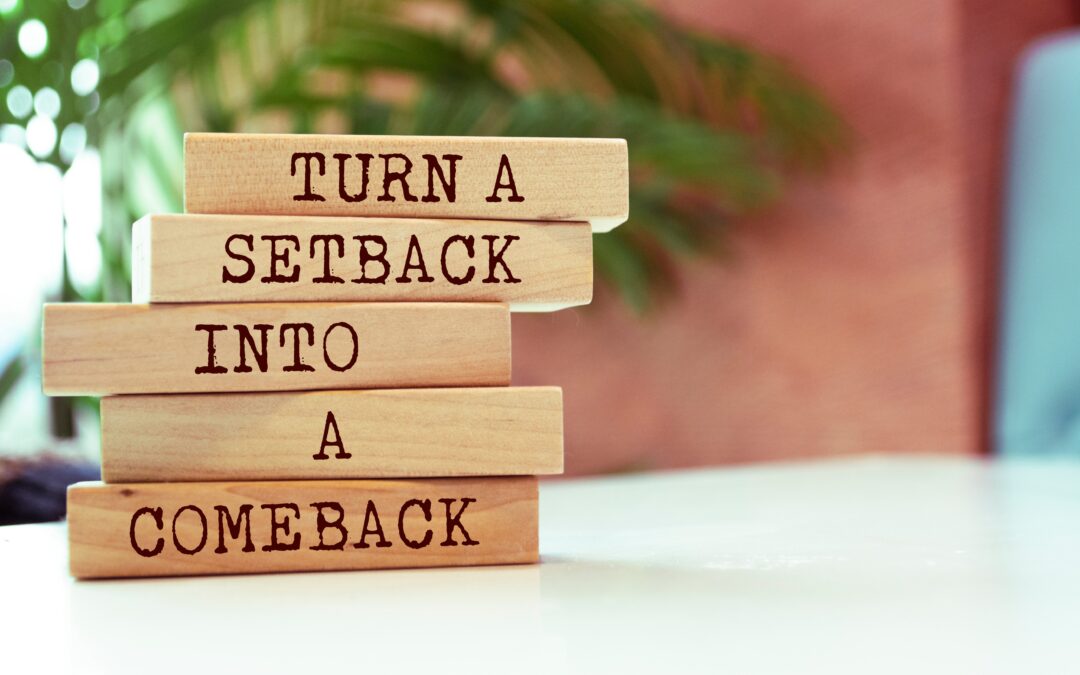Setting a New Year’s resolution to achieve sobriety is a courageous step towards a healthier and more fulfilling life. However, the path to sobriety can be filled with challenges, and it’s not uncommon for individuals to experience setbacks along the way. If you find yourself in a situation where you’ve broken your sobriety resolution, it’s essential to remember that setbacks are a part of the recovery journey. In this comprehensive guide, we will explore what to do if you break your New Year’s sobriety resolution, including ways to overcome guilt, forgive yourself, restart your goals, avoid common pitfalls, and prevent relapse.
Understanding Setbacks in Sobriety
Before diving into the steps to recover from a setback, it’s crucial to acknowledge that setbacks are a natural part of the recovery process. Recovery is not a linear path, and it’s not defined by a single failure or lapse. It’s a journey marked by progress, learning, and growth. Here are some important points to keep in mind:
1. Guilt Is Counterproductive
Feeling guilty about breaking your sobriety resolution can be counterproductive. Guilt can lead to negative emotions, increased stress, and a higher risk of further setbacks. It’s essential to approach setbacks with self-compassion and a commitment to learning from the experience.
2. Forgiveness Is Key
Forgiving yourself is a crucial step in the recovery process. Understand that setbacks happen, and they do not define your worth or your ability to achieve sobriety. Forgiveness allows you to move forward with a clear mindset and a renewed sense of determination.
3. Relapse Is a Common Experience
Relapse is a common experience in addiction recovery. Many individuals face relapse at some point in their journey. It’s important to view relapse as an opportunity for growth and not as a failure.
4. Restarting Is Empowering
Restarting your sobriety goals after a setback is an empowering decision. It demonstrates your commitment to a healthier life and your willingness to face challenges head-on. Each restart brings valuable lessons and resilience.
What to Do If You Break Your Sobriety Resolution
Now that we’ve established a healthy perspective on setbacks, let’s explore practical steps to take if you break your New Year’s sobriety resolution:
1. Acknowledge the Setback
The first step in overcoming a setback is acknowledging it. Be honest with yourself about what happened, the circumstances that led to the lapse, and your emotions surrounding the situation. Avoid denial or minimizing the setback.
2. Avoid Self-Criticism
Instead of being overly critical of yourself, practice self-compassion. Understand that setbacks are part of the recovery journey and do not diminish your progress or your ultimate goal of sobriety. Treat yourself with kindness and understanding.
3. Seek Support
Reach out to your support network, whether it’s friends, family members, a sponsor, or a therapist. Share your experience and emotions with someone you trust. Seeking support can provide valuable perspective and encouragement.
4. Learn from the Experience
Take time to reflect on the factors that contributed to the setback. Identify triggers, stressors, or situations that may have led to the lapse. Learning from the experience can help you develop strategies to prevent similar situations in the future.
5. Adjust Your Plan
If you’ve identified specific triggers or challenges that contributed to the setback, consider adjusting your sobriety plan accordingly. This may involve seeking additional support, changing your daily routine, or implementing new coping strategies.
6. Renew Your Commitment
Restart your sobriety goals with a renewed commitment. Revisit your reasons for seeking sobriety and remind yourself of the benefits of a drug-free life. Use this fresh start as an opportunity to strengthen your resolve.
7. Set Realistic Goals
Set realistic and achievable sobriety goals. Avoid setting overly ambitious or rigid goals that may lead to frustration. Gradual progress is more sustainable and less likely to result in setbacks.
8. Develop a Relapse Prevention Plan
Work with a therapist or counselor to create a relapse prevention plan. This plan should include strategies for managing cravings, coping with triggers, and seeking support when needed. Having a plan in place can help you navigate challenging moments.
Conclusion
Breaking your New Year’s sobriety resolution is not the end of your journey; it’s a detour on the path to recovery. Approach setbacks with self-compassion, forgiveness, and a commitment to learning. Acknowledge the setback, seek support, and adjust your sobriety plan as needed. Remember that relapse is common in recovery, and it’s how you respond to setbacks that ultimately determines your success.

